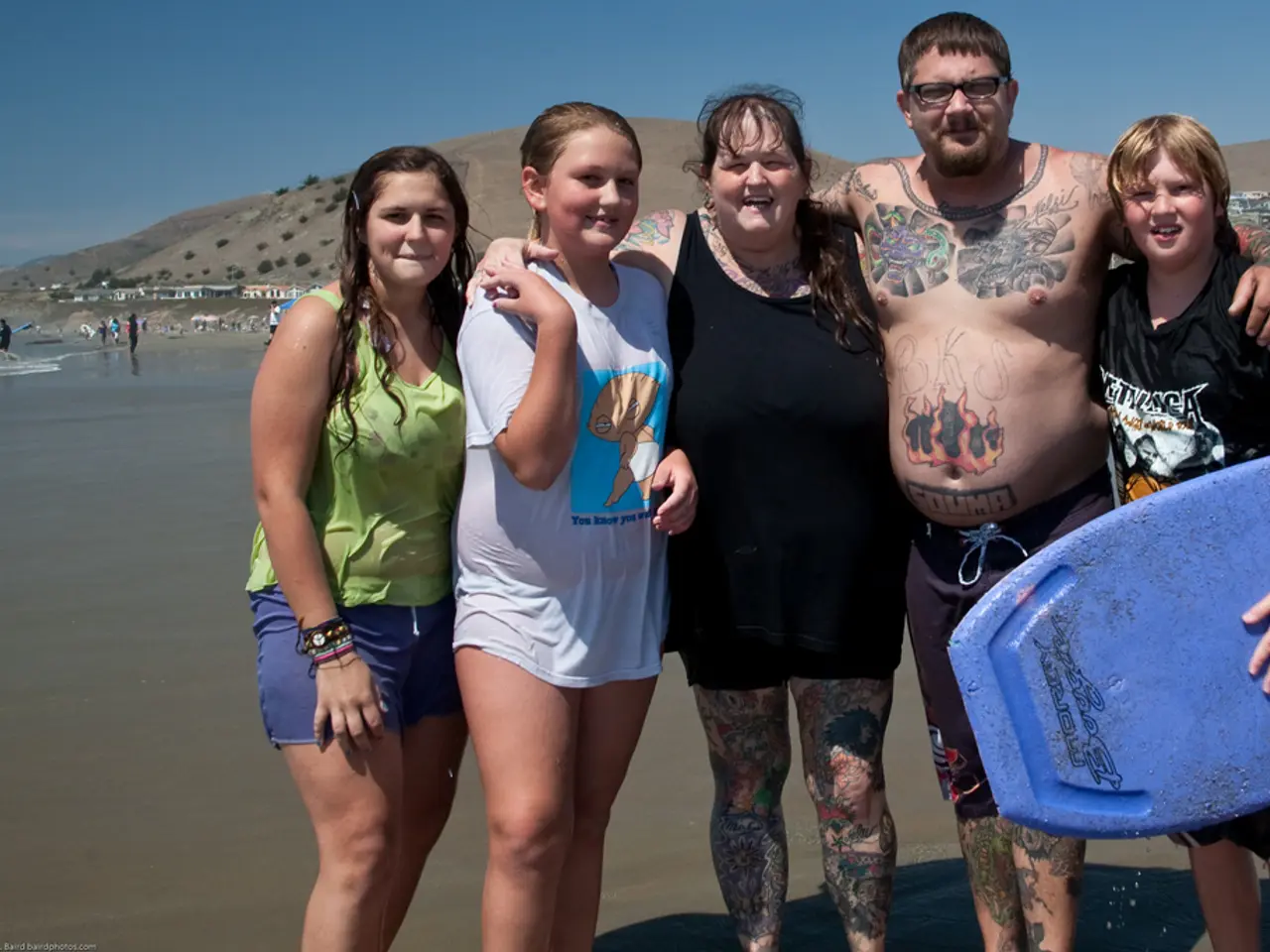Global collaboration in coral reef research is being hindered by disparities, according to a new study.
In a recent study published in NPJ Ocean Sustainability on April 24, the dominance of coral reef science by researchers from wealthier countries was highlighted, with contributions from researchers in tropical, lower-income nations not adequately recognised. The study, titled "Coral reef science is actually dominated by researchers from afar," calls for a "generational shift" in teaching equity in university research programs.
According to the study, less than 0.05% of the lead authors were from low-income countries. This lack of representation is a significant concern, as traditional and local knowledge needs to be more highly valued, as leaving it out makes research weaker.
The study recommends several measures to address this imbalance. Firstly, it suggests co-designing research and management strategies with local scientists and communities, ensuring their knowledge and priorities shape actions and policies. Secondly, it advocates for building local capacity and leadership through training, resources, and funding mechanisms that empower researchers from tropical, lower-income countries to lead projects and publish findings.
Thirdly, the study promotes incorporating community-powered coral restoration programs, such as the Seatrees initiative, which enables locals to monitor and manage reefs directly. Fourthly, it calls for international collaborations that are genuine partnerships, ensuring benefits, credit, and data ownership are fairly shared.
The study also emphasizes the need to recognise and address the financial, technical, and infrastructural barriers that local researchers face. This can be achieved through investments and global initiatives supporting sustainable marine science in Small Island Developing States and similar nations.
Examples like the RumPowered Research Expedition demonstrate the importance of diverse participation and training in building networks and skills. However, it is crucial that local researchers have sustainable roles and recognition beyond short-term expeditions.
The study's recommendations are described as "thoughtful and well-targeted." Estradivari adds the need for "long-term, locally led research infrastructure." Estradivari states that local leadership isn't just about being included; it's about being empowered to set research agendas, define impact, and lead solutions.
Ahmadia, a researcher often finds herself educating university researchers on how to engage properly with local researchers. Global South researchers aren't included in key stages of studies' design and completion, and their expertise is not recognised.
The study also calls on the research and conservation community to "centre equity in ocean governance," decolonize related research, and empower the "tropical majority," that is, ocean-dependent people in low- and middle-income countries of the tropics. It suggests that funders should ask grant applicants to submit "equitable collaboration statements" for international projects.
A 2021 paper in the journal Frontiers in Marine Science found systemic biases in coral reef research due to the relative exclusion of researchers from the Global South and of women. About 20% of the research teams involved in fieldwork were all based outside the host country, indicating a prevalence of "parachute science practices."
In conclusion, improving equity in coral reef research requires a shift in leadership and decision-making power to local researchers and communities, fostering co-designed, inclusive approaches, and ensuring real authority and recognition are granted to those most directly affected by reef conservation. Embedding equity throughout research stages—from design to data use and policy influence—enhances both coral reef conservation outcomes and social justice for those dependent on these ecosystems.
- The study published in NPJ Ocean Sustainability on April 24 emphasizes the importance of recognizing and addressing the underrepresentation of researchers from low-income countries in coral reef science.
- To address the imbalance, the study recommends co-designing research and management strategies with local scientists and communities, building local capacity, and incorporating community-powered coral restoration programs.
- The study also advocates for international collaborations that are genuine partnerships, fair sharing of benefits, credit, and data ownership, and investments in sustainable marine science in Small Island Developing States and similar nations.
- The study's author, Ahmadia, points out that Global South researchers are often excluded from key stages of studies' design and completion, and their expertise is not recognized.
- The research and conservation community is called upon to "centre equity in ocean governance," decolonize related research, and empower the "tropical majority," by asking grant applicants to submit "equitable collaboration statements" for international projects.








